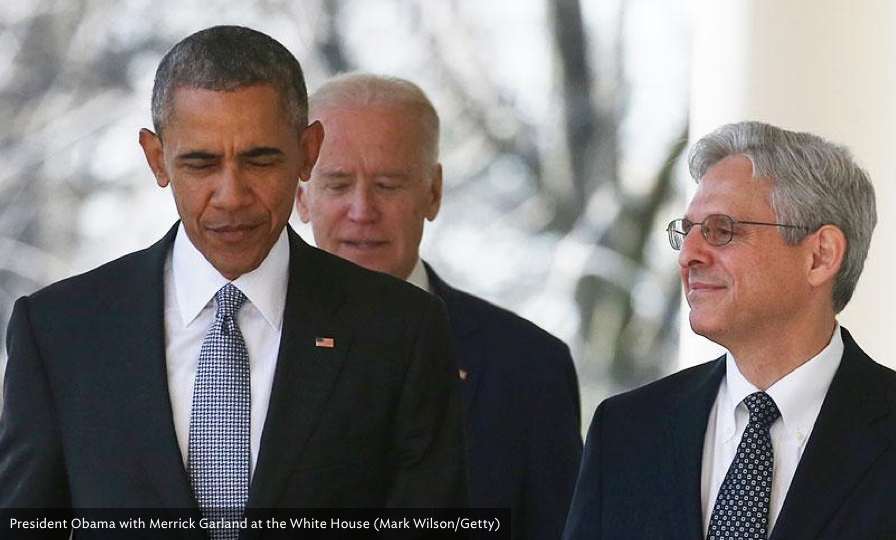The Republican party’s incoherent response to the Supreme Court vacancy is a partisan reflex in search of a justifying principle. The multiplicity of Republican rationalizations for their refusal to even consider Merrick Garland radiates insincerity. Republicans instantly responded to Antonin Scalia’s death by proclaiming that no nominee, however admirable in temperament, intellect, and experience, would be accorded a hearing. They say their obduracy is right because:
Republicans instantly responded to Antonin Scalia’s death by proclaiming that no nominee, however admirable in temperament, intellect, and experience, would be accorded a hearing. They say their obduracy is right because:
Because they have a right to be obdurate, there being no explicit constitutional proscription against this.
Or because President Obama’s demonstrated contempt for the Constitution’s explicit text and for implicit constitutional manners justifies Republicans reciprocating with contempt for his Supreme Court choice, regardless of its merits.
Or because, 24 years ago, then-senator Joe Biden — he is not often cited by Republicans seeking validation — suggested that a president’s right to nominate judges somehow expires, or becomes attenuated, in a “political season,” sometime after the midterm elections during a second presidential term.
Or because if a Republican president tried to fill a Court vacancy during his eighth year, Democrats would behave the way Republicans are behaving.
In their tossed salad of situational ethics, the Republicans’ most contradictory and least conservative self-justification is: The Court’s supposedly fragile legitimacy is endangered unless the electorate speaks before a vacancy is filled. The preposterous premise is that the Court will be “politicized” unless vacancies are left vacant until a political campaign registers public opinion about, say, “Chevron deference.”
This legal doctrine actually is germane to Garland. He is the most important member (chief judge) of the nation’s second-most important court, the D.C. Circuit Court of Appeals, the importance of which derives primarily from its caseload of regulatory challenges. There Garland has practiced what too many conservatives have preached — “deference” in the name of “judicial restraint” toward Congress, and toward the executive branch and its appendages in administering congressional enactments. Named for a 1984 case, Chevron deference unleashes the regulatory state by saying that agencies charged with administering statutes are entitled to deference when they interpret supposedly ambiguous statutory language.
Source: George Will, http://www.nationalreview.com
 Listen Online
Listen Online Watch Online
Watch Online Find a Station in Your Area
Find a Station in Your Area








 Listen Now
Listen Now Watch Online
Watch Online
